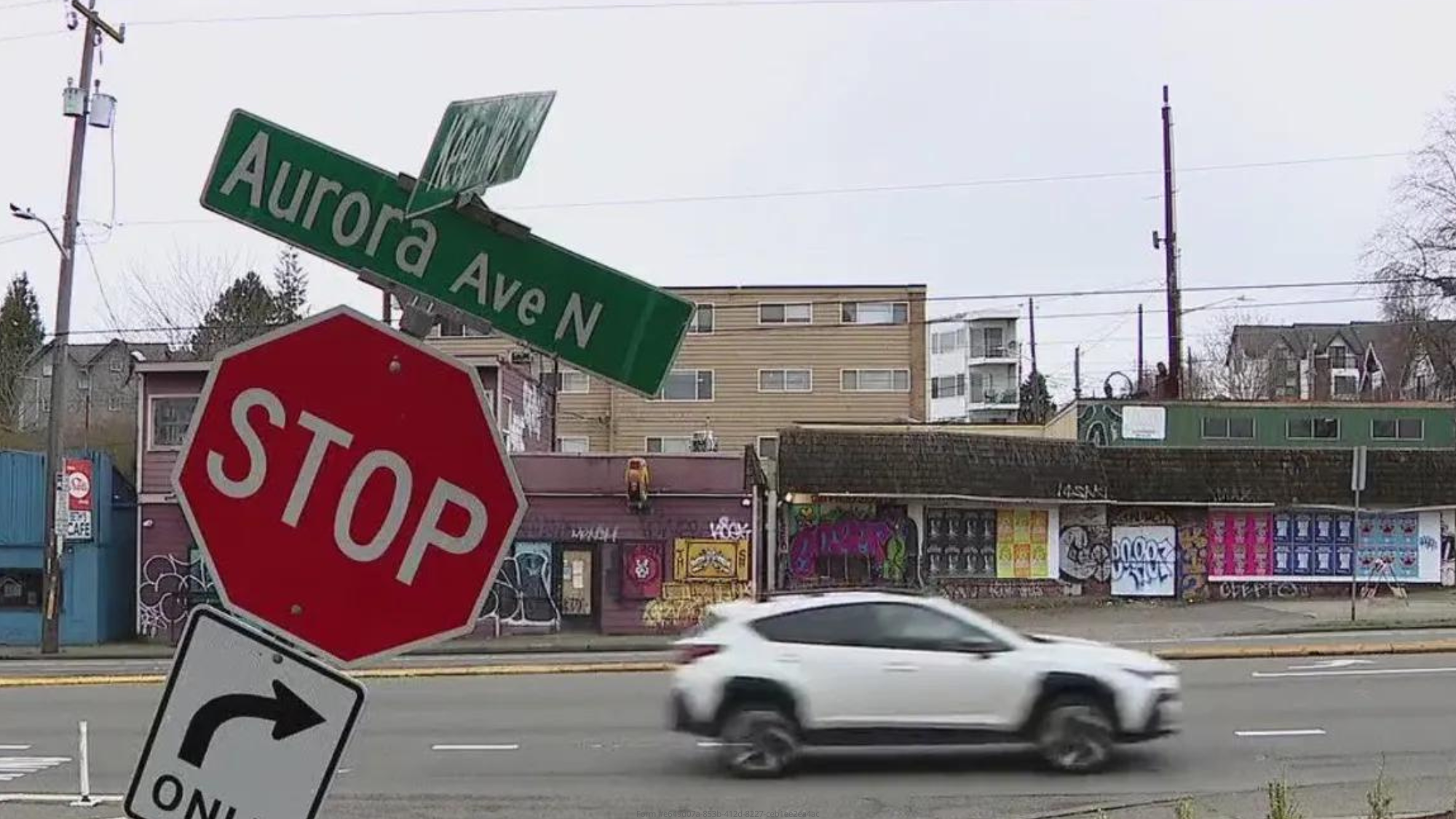
On August 13, WR sent a letter to Councilmember Robert Kettle, chair of the Public Safety Committee, expressing strong support for two pieces of legislation aimed at curbing prostitution and open-air drug markets. The letter was sent ahead of the Public Safety Committee meeting, where CB 120835 and CB 120836 were on the agenda.
CB 120835 would authorize the establishment of Stay Out of Drug Area (“SODA”) zones in areas with high concentrations of illegal drug activity. Courts would have the authority to bar individuals from traveling to these zones as a condition of pre-trial release or post-conviction sentencing on drug charges. The legislation establishes the first two SODA zones: one in the Chinatown-International District and another downtown between 1st and 6th Avenues and Stewart and University. Councilmember Kettle, in collaboration with City Attorney Ann Davison, introduced this legislation.
Similarly, CB 120836 would authorize the creation of Stay Out of Areas of Prostitution (“SOAP”) zones. In addition, the legislation creates two new criminal offenses: prostitution loitering and promoting loitering for the purpose of prostitution. The legislation authorizes the City to seek court orders to bar individuals charged or convicted of these offenses from entering a SOAP zone. The first SOAP zone would be established along Aurora Avenue North, between 85th Street and the northern city border at 145th Street. This legislation was sponsored by Councilmember Cathy Moore.
In its letter, WR praised Councilmembers Kettle and Moore, along with City Attorney Davison, for their efforts to combat illegal drug markets and prostitution.
“For too many years, the employees and customers of Washington Retail members have confronted the problems of open-air drug markets and prostitution. From responding to deaths from overdose – sometimes numerous deaths in a store on a single day – to gun violence and aggressive solicitation by drug dealers and prostitutes, many employees and customers have first-hand experience with these problems. Our members have seen it impact the willingness of employees to work in certain locations, as well as change the shopping behavior by customers (i.e., taking their business to a different neighborhood or entirely outside the city).”

